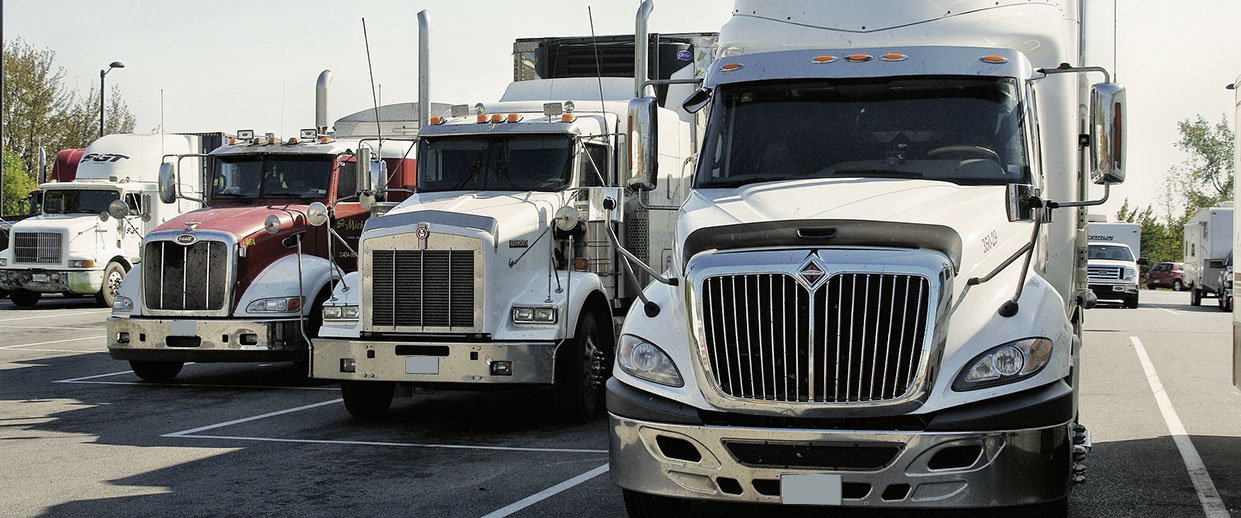Fleet and Commercial Appraisals including Asset Appraisals
Fleet and commercial appraisals, as well as truck appraisals CA, are essential processes for businesses involved in managing fleets of vehicles or other types of commercial assets. Here's how these types of commercial vehicle appraisal CA typically work:
Fleet and Commercial Appraisals
- Purpose: Fleet and commercial appraisals assess the value of a company's fleet of vehicles or other commercial assets. This can include cars, trucks, vans, buses, trailers, construction equipment, agricultural machinery, and more.
- Commercial Vehicle Evaluation California Criteria: Appraisers consider various factors when referring to commercial vehicle evaluation for commercial assets. This includes the age, condition, mileage, usage history, maintenance records, and market demand for similar assets.
- Valuation Methods: Appraisals may use a combination of methods to determine asset values, such as market comparisons, income approaches (based on the potential income generated by the assets), and cost approaches (based on the replacement cost of the assets).
- Business Impact: Fleet and commercial appraisals help businesses make informed decisions regarding asset management, budgeting, financing, insurance coverage, leasing arrangements, and strategic planning.
Asset Appraisals:
- Purpose: Asset appraisals assess the value of various types of tangible and intangible assets owned by a business, including equipment, machinery, inventory, real estate, intellectual property, and goodwill.
- Scope: Asset appraisals can cover a wide range of assets depending on the needs of the business. They may focus on specific asset categories or provide a comprehensive assessment of all assets owned by the business.
- Valuation Methods: Appraisers use different methods to determine the value of assets based on their nature and characteristics. For tangible assets, valuation methods may include market comparisons, income approaches, and cost approaches. Intangible assets may require specialized valuation techniques tailored to their unique attributes.
- Financial Reporting: Asset appraisals play a crucial role in financial reporting, helping businesses accurately reflect the value of their assets on their balance sheets and financial statements. This is particularly important for compliance with accounting standards and regulatory requirements.
- Transaction Support: Asset appraisals also support various business transactions, such as mergers and acquisitions, divestitures, restructurings, and financing arrangements. They provide valuable insights into the value of assets involved in these transactions and help stakeholders make informed decisions.
Both fleet and commercial appraisals and asset appraisals are conducted by qualified professionals with expertise in asset valuation and appraisal methodologies. These professionals adhere to industry standards and guidelines to ensure accurate and reliable valuation results that meet the needs of businesses and stakeholders.
GET A QUOTE
